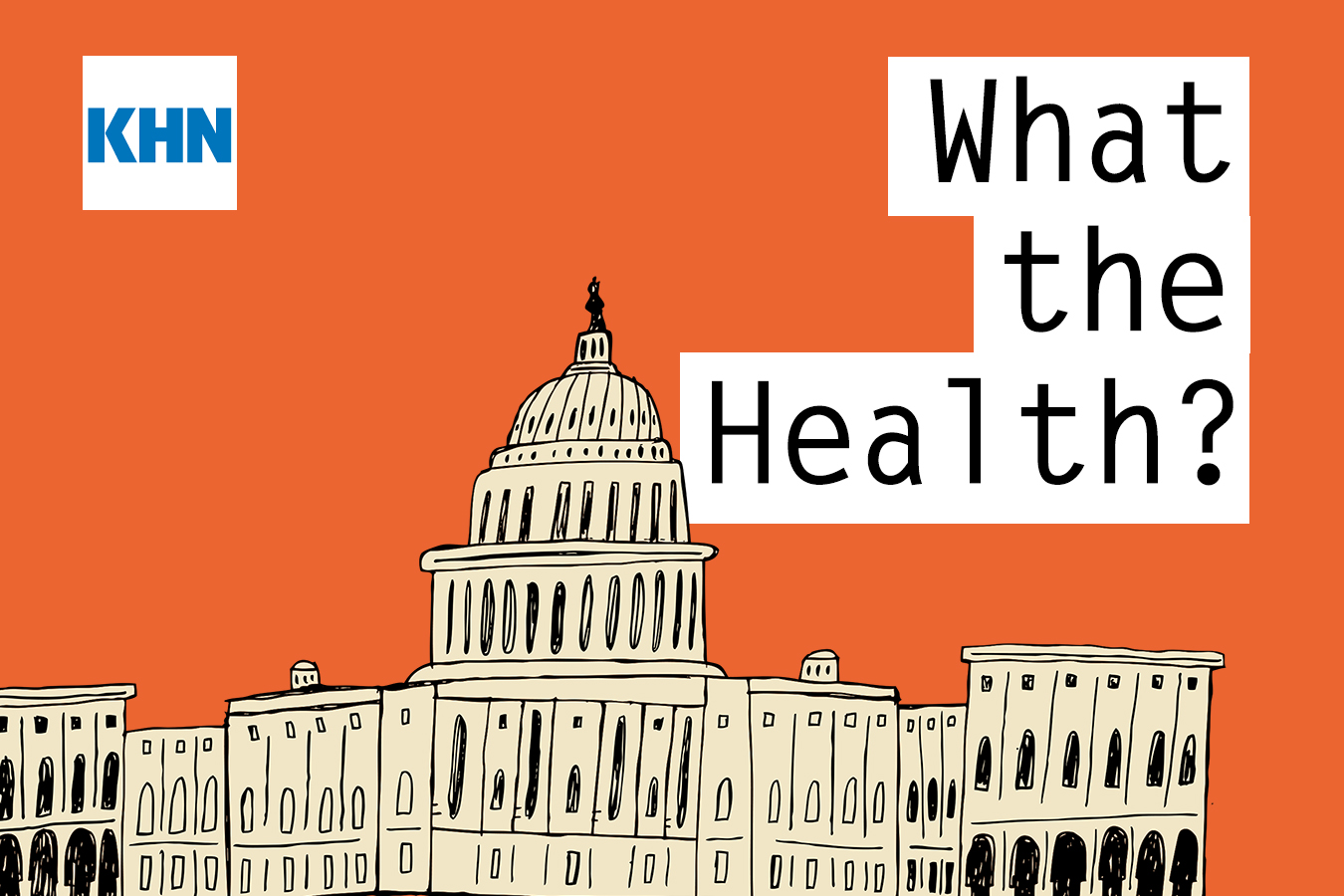KHN’s ‘What the Health?’: Contemplating a Post-‘Roe’ World – Kaiser Health News

Can’t see the audio player? Click here to listen on Acast. You can also listen on Spotify, Apple Podcasts, Stitcher, Pocket Casts or wherever you listen to podcasts.
With those on both sides of the abortion debate anticipating that the Supreme Court this year will weaken or overturn Roe v. Wade, which established the right to the procedure, activists are arguing about how best to proceed. The Biden administration has thus far avoided much mention of the divisive issue, while anti-abortion forces disagree on whether to try to ban abortion at the state level in a single step, or more gradually.
Meanwhile, millions of Americans who have been covered by the Medicaid program since the pandemic struck are at risk of losing that coverage when the federal government ends the declared covid-19 “public health emergency,” likely later this year.
This week’s panelists are Julie Rovner of KHN, Alice Miranda Ollstein of Politico, Shefali Luthra of The 19th, and Rachana Pradhan of KHN.
Among the takeaways from this week’s episode:
The Senate is scheduled to vote Feb. 28 on the Women’s Health Protection Act, which would codify the right to an abortion into federal law and continue those protections if the Supreme Court were to upend its Roe v. Wade decision, which legalized abortion nationwide. It is not expected to get the 60 votes necessary to pass, but Senate Democratic leaders want to get all senators on the record on the issue before the midterm elections.President Joe Biden will deliver his State of the Union speech on March 1 before Congress. Although he’s sure to outline domestic priorities, the Russian invasion of Ukraine is likely to loom large and make national security a key topic.Even with what could be a pivotal Supreme Court decision on abortion rights likely this year, it would be a surprise if Biden utters the word “abortion” in the speech. He has not done so publicly since taking office, although he has spoken about Roe v. Wade.The American public is often confused about the Roe ruling. Many people know it affected abortion rights but don’t necessarily know what would happen if the decision were to be overturned.Lawmakers in key Republican states — such as Florida, West Virginia, and Arizona — are rewriting their abortion laws on the assumption that the justices might overturn or narrow the protections from the 1972 Roe decision. But instead of copying the highly publicized Texas law that bans abortions after six weeks, they are copying Mississippi’s law that would ban abortions after 15 weeks. The Supreme Court is expected to rule on that state law later this year.Even as states try to limit abortion access, other nations are loosening their standards, especially in Latin America. Colombia became the latest country to do so. It follows moves in recent years by Argentina and Mexico.The Biden administration has not yet signaled when it will end the covid public health emergency designation. When it does happen, massive confusion around Medicaid enrollment is likely to arise. During the emergency, the federal government has given states extra Medicaid funding, but in return it has forbidden them from removing anyone from the health insurance program designed for people with low incomes. When the emergency ends, states will need to review their massive membership rolls and verify who is eligible. Some advocates for Medicaid members are afraid that people pushed off the program may not easily find other insurance.State efforts to roll back covid precautions, including mask mandates, may not be fully supported by public opinion. Polls have found that the public is generally in favor of mask mandates to help stop the spread of the virus that causes the disease. Those rollback efforts — endorsed in recent weeks by many Democratic officials — may be propelled by business supporters concerned about the pandemic’s long-term economic impact.Democrats are arguing among themselves about the future of a Medicare “direct contracting” demonstration program that some say threatens to privatize the program’s traditional “fee-for-service” plan. Others say the program could help Medicare improve the value of the care it provides.
Also this week, Rovner interviews KHN’s Jay Hancock, who reported and wrote the latest KHN-NPR “Bill of the Month” installment about newborn twins, their stay in a neonatal intensive care unit, and the claim by the family’s insurer that the care did not constitute an emergency. If you have an outrageous medical bill you’d like to share with us, you can do that here.
Plus, for extra credit, the panelists recommend their favorite health policy stories of the week they think you should read, too:
Julie Rovner: The Scientist’s “Robert Malone Targets Physician Who Alerted Medical Board to Misinformation,” by Catherine Offord
Alice Miranda Ollstein: The New York Times’ “A Key to Returning to Normal Is Paid Sick Leave, Democrats Say,” by Claire Cain Miller
Shefali Luthra: KHN’s “Other States Keep Watchful Eye on Snags in Washington’s Pioneering Public-Option Plan,” by Markian Hawryluk
Rachana Pradhan: KHN’s “’Injections, Injections, Injections’: Troubling Questions Follow Closure of Sprawling Pain Clinic Chain,” by Anna Maria Barry-Jester and Jenny Gold
Also discussed on this week’s podcast:
KHN’s “Covid Still Threatens Millions of Americans. Why Are We So Eager to Move On?” by Victoria Knight
The Washington Post’s “Hong Kong’s ‘Zero Covid’ Days Are Over. But Where’s the Exit Plan?” by Keith B. Richburg
To hear all our podcasts, click here.
And subscribe to KHN’s What the Health? on Spotify, Apple Podcasts, Stitcher, Pocket Casts or wherever you listen to podcasts.
Related Topics
Contact Us
Submit a Story Tip







